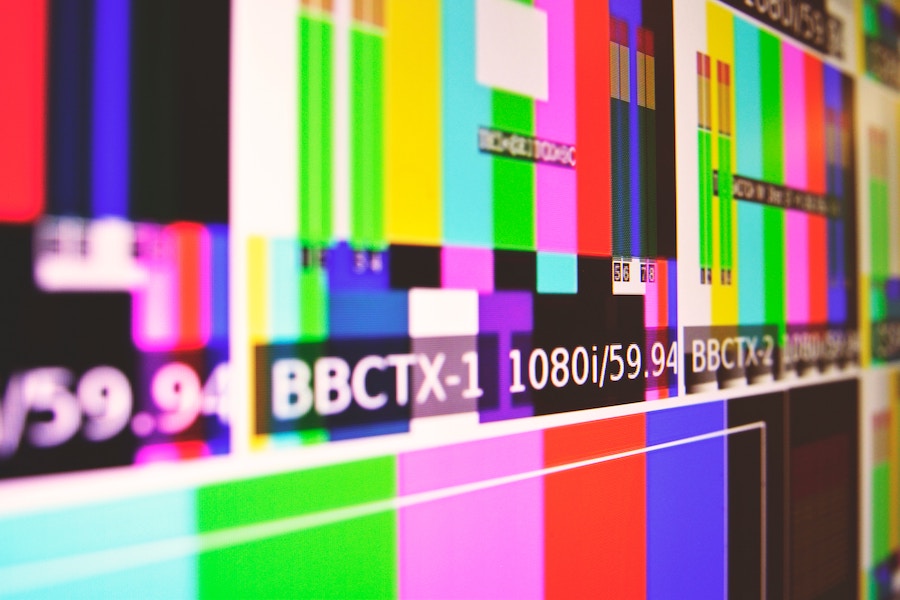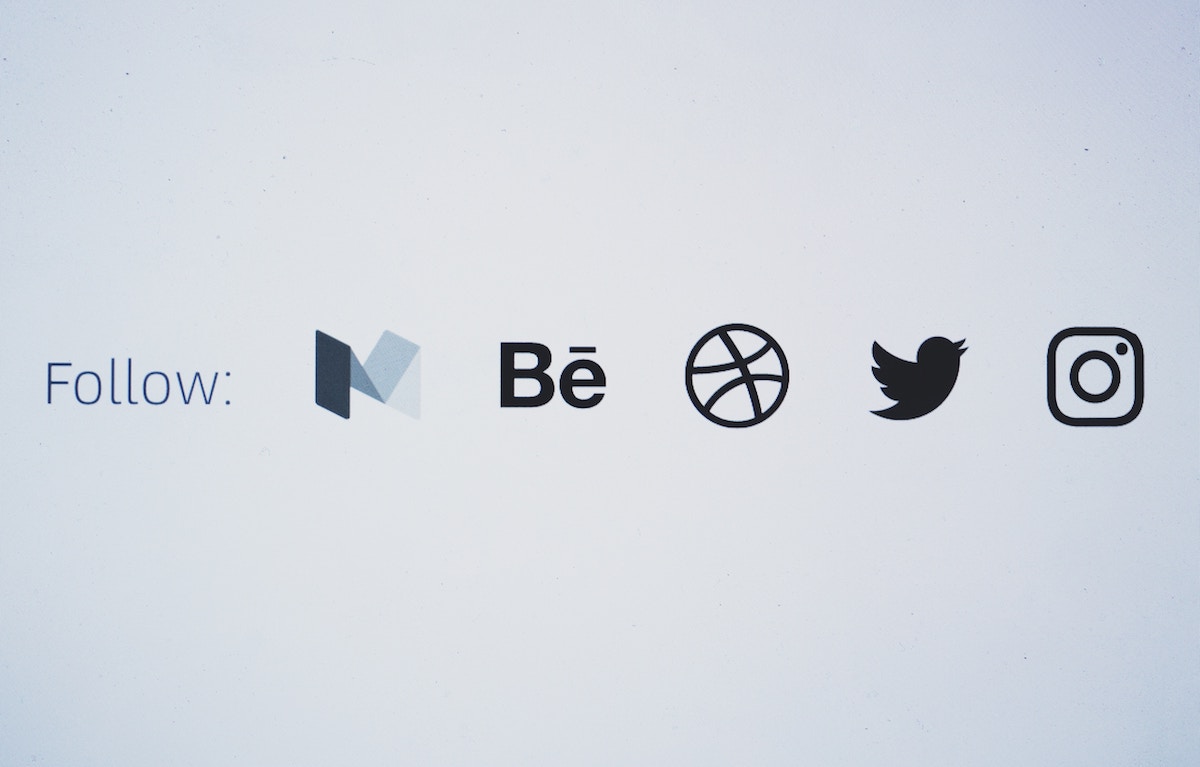Last Updated on March 1, 2024
In the age of ever present social media, engaging, shareable and scannable promotional items are key to marketing success. With billions of active social network users worldwide, it is vital that your existing and potential customers know all the places where they can interact with your brand on the internet.
Placing Facebook, Twitter, Instagram, YouTube or LinkedIn icons on your merchandise is a powerful way of spreading your message to prospects and building a stronger connection with your target audience. Yet, putting these icons and logos on your promotional items can be a little more complicated than it appears on the surface.
Social Media Sites Are in Business
To better understand why using your social media profiles on your merchandise requires a bit of caution, it’s important to acknowledge the nature of the largest social media sites in the world. Ultimately, all major social networking sites are for-profit organizations.
That means they wouldn’t want to be complicit in actions or situations that unfairly take advantage of their brand or inhibit their ability to make a return on their intellectual property. The major sites therefore have strict usage guidelines that outline what third parties can and cannot do with their icons. Customized icons and logos are almost always prohibited.
For many people, this may be surprising. You don’t need to go too far on the web to find customized Facebook or Twitter icons (see the example below). These icons are readily available for free or purchase on thousands of web sites. This, however, does not make the practice legal. Usually, there are two reasons why social networks will turn a blind eye.
Source: Pixabay
The Violator’s Reach Matters

First, no organization has a limitless reservoir of time or resources to police the thousands and possibly millions of people using their logo outside the laid down rules. It all comes down to materiality.
A small business with perhaps hundreds of customers or website visitors per month and fairly low sales will be viewed as largely inconsequential in the context of endangering the commercial interests of a corporate behemoth such as Facebook.
Instead, Facebook would be more keen on icon or logo use violations by large organizations. These have the requisite reach and financial muscle to introduce confusion over the Facebook brand in the eyes of the public.
How Much Money is Involved?
Second, a lot of copyright rules revolve around preventing individuals and businesses from making money illegitimately off someone else’s work. As long as the person using a customized or modified icon or logo is not making money from it, most social media sites will turn a blind eye.
In fact, even in instances where people are making money, the violation will be overlooked if the amounts are insignificant. Of course, Facebook, Twitter and other sites retain the right to take legal action.
However, once again it comes down to the impact of the violation on the brand. No large company will go out of its way to stop a copyright violation if the cost of enforcement exceeds the negative impact of the violation. The worst they’ll do is probably send a cease and desist letter.
Err on the Side of Caution

Despite the above, use of modified or customized social media icons and logos on your promotional items is almost always illegal. Even though many small businesses are doing it and the risk of getting hauled to court is low, it’s best not to take any chances. Always stick with the official icons.
All social media sites have gone to great lengths to detail what you can and cannot do with their icons. It’s strongly recommended that you read through these rules before incorporating any logos or icons in your marketing promotions.

